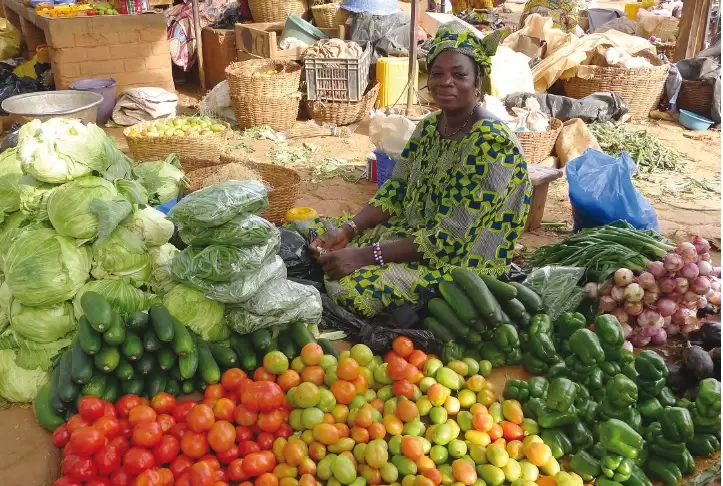Market gardeners are key players in ensuring food security yet many work in precarious conditions and lack formal education. Step in the IUF’s Ecosanté (Ecohealth) program. Between 2010 and 2019, 3917 vegetable growers (including 1384 women) from seven West African countries abandoned conventional agriculture based on the use (and often misuse) of pesticides and other chemical agents to adopt sustainable and organic farming methods. They represent between 5 and 10% of the total vegetable growing workforce in the region, a significant number given the lack of government support. This initiative is the result of a long-term effort of the IUF’s Ecosanté program for which affiliates in West Africa are the linchpin.
Numerous health scandals including poisonings in the region have shown how dangerous the use of pesticides can be for the health of market gardeners, consumers and the environment. Developed in collaboration with the University of Abomey Calvi in Benin and the Community for the Practice of Ecosanté (COPES), Ecosanté aims to:
- provide solid training on transitioning to organic farming and agroecology
- facilitate a reduction of occupational risks by periodic self-monitoring of the health of vegetable growers
- generate significant improvements in farmer incomes making it possible to achieve a decent livelihood
Guillaume Tossa, chair of the IUF’s Ecosanté program stated: “This program is fundamental because it allows us to take concrete action to improve the working and health conditions of our members, as well as to further the goals of achieving food security and improving the health of communities alongside the preservation of the environment. This is a major challenge for sustainable development. For more than 10 years, the IUF has been a pioneer in this field.”
